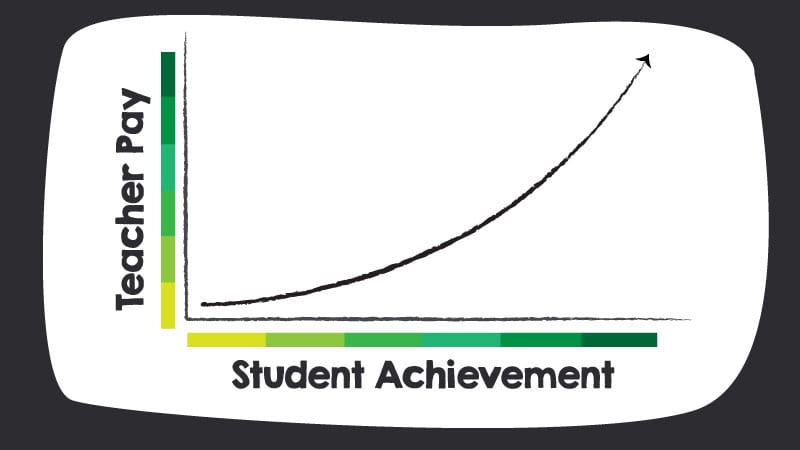The Cities and Counties Subcommittee of the House Local Government Committee will hear HB2721 today at 3:30 PM. The bill is opposed by the American Library Association, as they explain the press release below.
Today the American Library Association (ALA) released the following statement regarding Tennessee HB 2721, which would require a parental oversight board to replace policies and library experts in the development of library collections and services. Libraries that fail to comply with the proposed law may lose local funding, incur fines, and librarians and library workers may face jail time.
The ALA stated the following:
“Tennessee HB 2721 threatens library users’ freedom to read and violates our professional values and ethics expressed in the ALA’sLibrary Bill of Rights. If adopted, the bill would establish ‘parental oversight boards’ whose decisions about what others can read, view, and access in the library would be final. The bill would add layers of bureaucracy that compete with elected or appointed library boards and existing library policies that govern library collection development, programming, and meeting room use. The law jeopardizes library funding and imposes fines and jail time for librarians who violate the edicts of these untrained boards.
“The belief that a small group of parents know what is best for every family in their community denies the very real fact that each community is made up of families and individuals with diverse beliefs, identities and values. ALA supports the right of families and individuals to choose materials from a diverse spectrum of ideas and beliefs. Public libraries and their professional staff members already have in place the tools and procedures that will assist parents in selecting materials that fit their family’s information needs, while not censoring materials or infringing upon the rights of other families or patrons to choose and access the resources and programs they want and need.
“ALA vigorously opposes HB2721 and other bills like it that advance censorship under the guise of parental control.”

For more on education politics and policy in Tennessee, follow @TNEdReport
Your support — $5 or more today — makes publishing education news possible.







